In the dense rainforests of West Africa, a remarkable discovery has reshaped our understanding of primate intelligence. Chimpanzees, our closest living relatives, have demonstrated an astonishing ability to self-medicate using plants from their environment. This behavior, known as zoopharmacognosy, reveals a sophisticated level of cognitive ability previously thought to be unique to humans.
Researchers have observed chimpanzees carefully selecting specific leaves, bark, and even insects to treat various ailments. One well-documented case involves chimps in Tanzania's Mahale Mountains swallowing rough-leaved plants whole to purge intestinal parasites. The leaves' bristly texture apparently helps expel the unwanted guests, showing an understanding of cause and effect that rivals traditional human medicine.
What makes this behavior particularly fascinating is its social transmission. Young chimps learn which plants to use by watching their elders, creating what scientists call a "medical culture" within troops. This knowledge passes down through generations, with different groups developing their own unique pharmacopeia based on local flora. In Uganda's Kibale Forest, researchers documented chimps using a different set of medicinal plants than their Tanzanian cousins, adapted to their specific environment and health challenges.
The complexity of chimpanzee healthcare doesn't stop at herbal remedies. Scientists have recorded instances of wound care that would impress any human nurse. After fights, chimps have been seen catching flying insects, chewing them into a paste, and carefully applying the mixture to open wounds. Laboratory analysis suggests these insects may have antibiotic properties, though how the chimps discovered this remains one of nature's fascinating mysteries.
Perhaps most astonishing is the preventive aspect of chimpanzee medicine. Researchers in Guinea observed healthy chimps regularly consuming a particular bitter leaf that showed no immediate nutritional benefit. Later analysis revealed the plant contains compounds that protect against malaria-causing parasites. This suggests chimps don't just treat illness - they take steps to prevent it, showing foresight and planning abilities we once considered uniquely human.
As we continue to study our primate cousins, each discovery blurs the line between human and animal intelligence. The chimpanzee's natural pharmacy challenges our assumptions about what constitutes culture, medicine, and even consciousness. Their ability to diagnose ailments, select appropriate treatments, and pass this knowledge to others represents a form of wisdom we're only beginning to understand.
The implications extend beyond primatology. Pharmaceutical companies are now studying chimpanzee medicinal plants, hoping to discover new drugs for human use. In a beautiful twist of fate, the medicine cabinets of our forest-dwelling relatives might one day stock our own. This interspecies medical exchange serves as a humbling reminder that we share more than DNA with chimpanzees - we share the fundamental drive to heal and protect our communities.
Next time you swallow an aspirin (originally derived from willow bark, a traditional human folk remedy), consider that you're participating in a healing tradition that stretches back through human history - and possibly much further, into the ancient forests where our common ancestors first discovered nature's pharmacy.
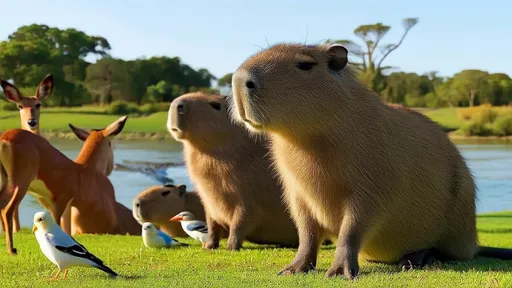
By /Jun 10, 2025
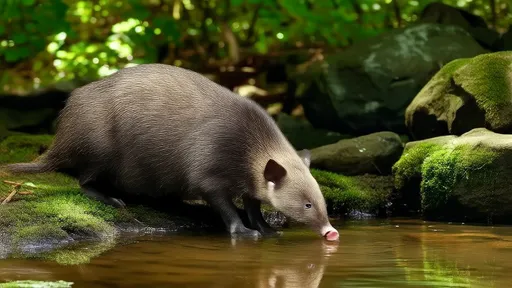
By /Jun 10, 2025
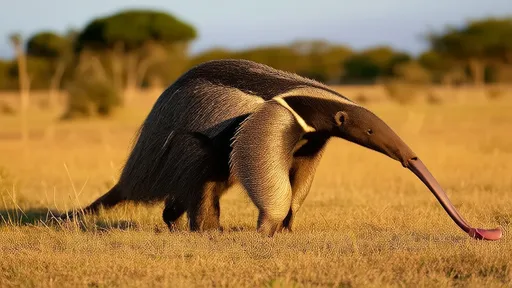
By /Jun 10, 2025

By /Jun 10, 2025

By /Jun 10, 2025

By /Jun 10, 2025

By /Jun 10, 2025

By /Jun 10, 2025

By /Jun 10, 2025
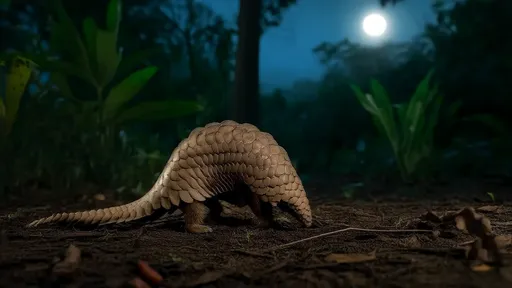
By /Jun 10, 2025
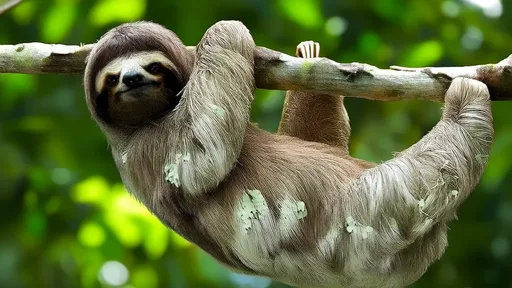
By /Jun 10, 2025
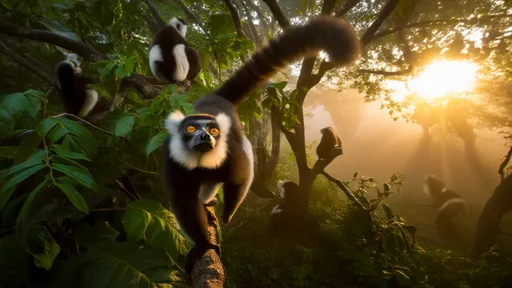
By /Jun 10, 2025
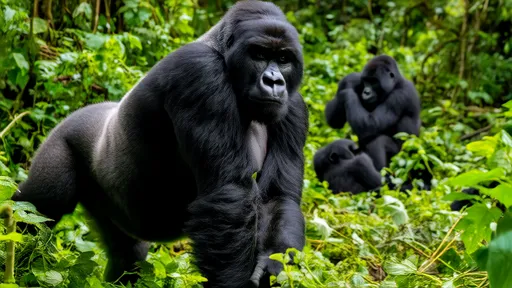
By /Jun 10, 2025
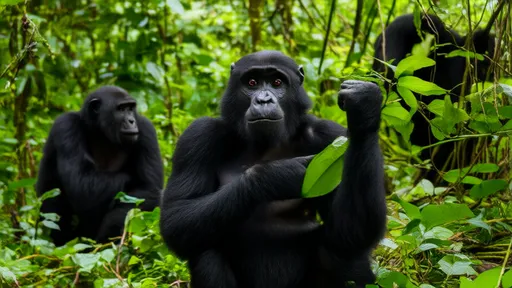
By /Jun 10, 2025

By /Jun 10, 2025

By /Jun 10, 2025

By /Jun 10, 2025